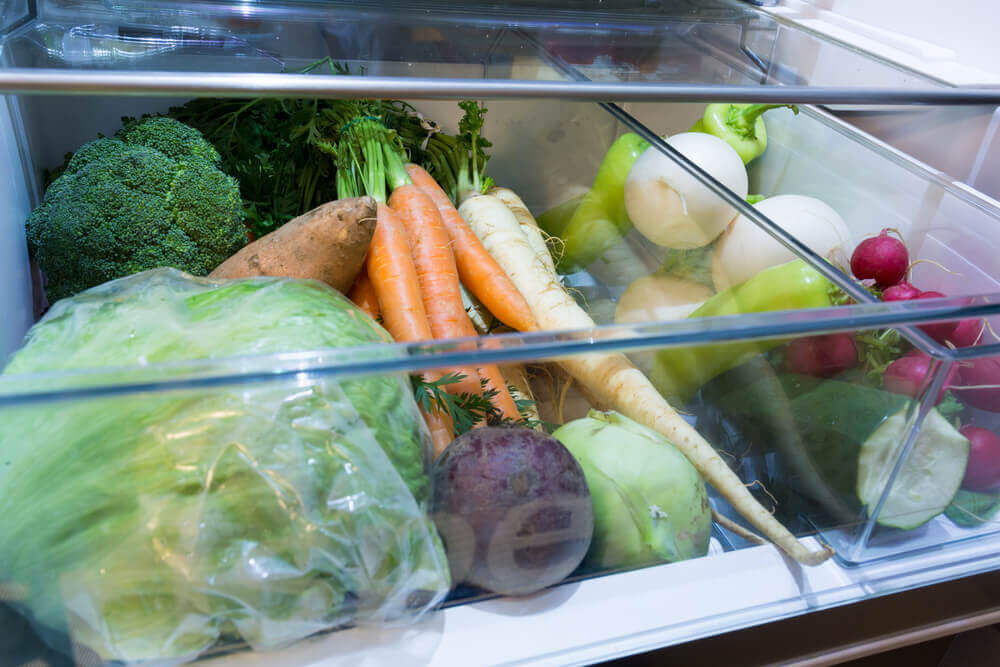New University of Otago research reveals how to make your vegetables last longer

New research from the University of Otago has revealed the best home storage methods to lengthen the shelf life of vegetables.
Love Food Hate Waste, the national campaign to help New Zealanders reduce the amount of food they waste, partnered with the University of Otago to test storage practices for many common vegetables found in Kiwis’ refrigerators.
The results show that simple techniques can lengthen the life of produce and dispels many urban myths around how best to store food.
Download a copy of the LFHW Vegetables Storage Guide.
The research found that the simple act of wrapping a cut avocado in cling wrap and forming a tight seal against the avocado flesh was enough to see it last up to four times longer than an uncovered avocado half.
It also found that brushing the avocado flesh with lemon juice or olive oil, a trick many people swear by, was actually detrimental.
Another key finding was that carrots could last for up to 10 times longer if stored in an airtight container lined with a paper towel compared to being stored loose in the fridge.

With 47,615 tonnes of edible vegetables being thrown away by New Zealand households each year, Love Food Hate Waste hopes this research might encourage people to make a little extra effort when storing their vegetables in order to preserve their quality.
“Many people don’t put a lot of effort into storing their food correctly and with a lot of conflicting information out there, we thought it was time to really put these storage methods to the test,” said Dr Miranda Mirosa from the University of Otago.
“Vegetables make up almost a third of food wasted by New Zealand households, mainly due to their short shelf life. We wanted to find the best ways to make vegetables last for as long as possible so that people would have longer to eat them.
“The key message from the research is that it is better to do something than nothing. Small actions, such as putting your bagged lettuce in an airtight container, can have big impacts in terms of how long the food will last.”
The research included testing non-plastic options – things like beeswax wraps and avocado savers – however, they were not the best performers. We advocate that any plastic used, such as cling wrap, is reused where possible and then recycled – most towns now offer soft plastic recycling. Find your nearest location here.
